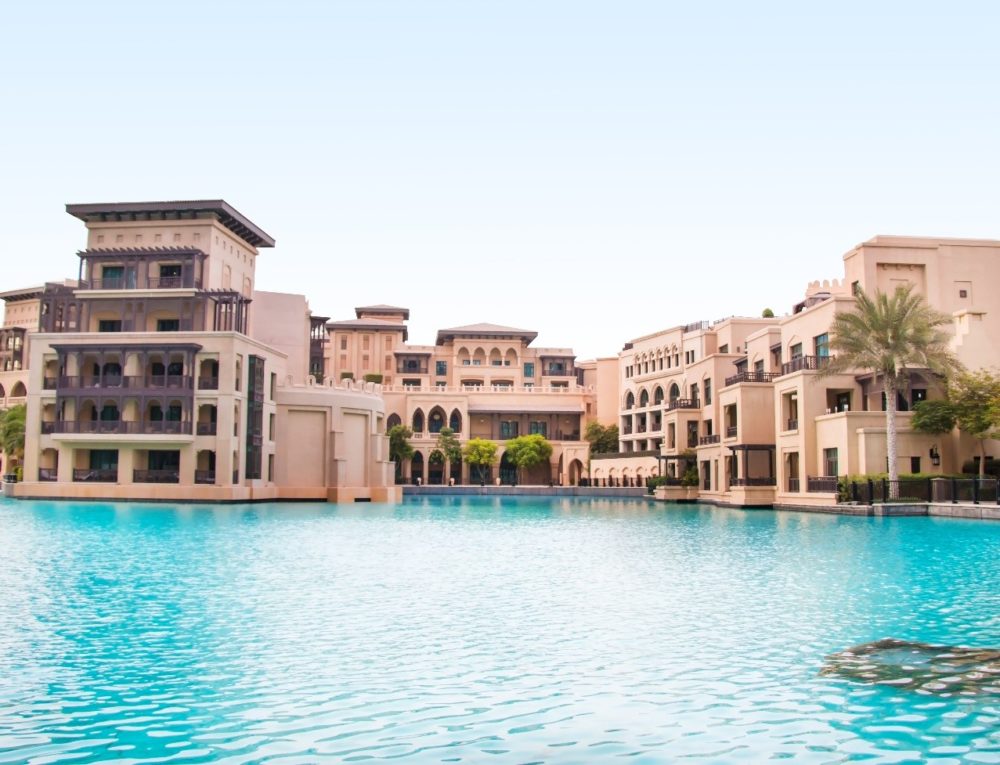Hotel waste management can be an issue, especially when it comes to recycling. How can hotels increase recycling to improve the environment? There are a lot of questions about how hotel recycling programs can help the environment; here are a few.
With literally thousands of customers walking through their doors every year, and operations running 24 hours a day, hotels are far more likely to be replacing their equipment and electronics than many other types of businesses. That’s why hotel recycling programs are starting to become a new faze in the hotel industry and their efforts to curb waste.
Whether it’s the computers available in the hotel’s business center, to furniture decorating the rooms and lobby, to fluorescent lights, hotels go through so much wear and tear every year that it’s impossible not to confront this challenge. So many people use – and quickly wear out – their products on a daily basis that hotels need to make replacements on a regular basis. If guests arrive expecting the highest standards, it can make a bad impression to have computers that don’t work or furniture that looks run down.
The hotel industry generates large volumes of solid waste, and while a lot of hotels have voluntary recycling programs for items like soap, there are certainly a lot of other products they run through while striving to meet the expectations of their guests. And the hotel industry could make a hugely impactful contribution to our environment if they adopt programs to recycle far more than just soap, including aging office equipment and electronics.
By recycling their used equipment in bulk, the managers and operators of hotels across the country will help keep those products out of landfills, where the toxins and chemicals inside electronics can pose significant environmental risks to our soil, water, wildlife and even our personal health. The risks are real and well-documented.
More importantly, though, recycling programs for the hotel industry make good business sense. Hotels have seen their waste disposal costs fall once they start recycling, and it’s also an effective public relations tool to let guests and the general public know their recycling programs are contributing to a healthier environment for everyone.
Waste Management in the Hotel Industry
Some hotels managers might assume it’s too difficult to successfully launch and operate an in-house recycling program. They have very large staffs, operate 24 hours a day, and have the challenge of providing immediate and reliable service to their guests. Where would recycling fit in?
In fact, a number of hotels have already proven they can establish successful recycling programs.
Pat Maher, a former hotel executive who now serves as an environmental consultant to the American Hotel and Lodging Association, has been encouraging recycling and enhanced waste management in the hotel industry, noting that it helps demonstrate that the hospitality field believes in corporate responsibility and in promoting a clean environment.
The American Hotel & Lodging Association has followed his advice. The association launched a “green strategy” to promote the environment through effective energy, water and waste management at hotels across the country. It was created by their Green Task Force, which included Maher, as a long-term green strategy for the lodging industry.
Their goal is to have hotels maintain the highest green standards possible.
Some hotels are already acting on their own. Hilton Hotels recently announced it was starting an electronics recycling pilot program, with the goal of creating a more expansive corporate-wide recycling effort in long term. Hilton wants to responsibly dispose of older hotel electronic devices as they upgrade to more technologically savvy or energy-efficient ones.
They started by recycling older flat-panel hotel TVs from the Hilton Newark Airport, replacing them with new 43-inch Energy Star certified LG flat screens. Judy Pines, director of sustainability and responsible sourcing at Hilton, noted that “Hilton is committed to minimizing waste by providing our properties with a sustainable solution for the proper disposal of their existing TV sets rather than sending them to a landfill where they can leak harmful substances in the environment.”
Another major chain, Marriott International, began a program to recycle its fluorescent lamps, while Grand Pacific Palisades Resort in Carlsbad, Calif. started putting recycling bins in the hotel, along with signs in the lobby, elevators, and guest rooms to encourage green traveling.
The hotel industry is finding ways of making their recycling efforts a success. Gone are the days when hotels simply recycled soap and older mattresses.
What Else Can the Hotel Industry do to Boost Recycling?

Cost savings alone should be a top concern for the hotel industry. It’s been estimated that hotel guests generate up to two pounds of waste per night. Because of the prohibitive cost of waste disposal services in New York City, for example, a hotel can spend up to $100,000 annually to get rid of their waste. If recycling can cut that down significantly, that can amount to significant cost savings.
And a growing number of hotels are recognizing that they can manage their waste in a sustainable manner, including by recycling.
Hotels can start by conducting a waste audit – identifying where the hotel is creating waste and quantify the recyclable materials currently being discarded. Each department within the hotel can list what they dispose of and their disposal methods. Then they can set priorities and goals for handling that waste, including e-waste recycling and e-waste disposal.
A smart approach would be to offer incentives for workers who provide waste-saving ideas that can be implemented and to educate guests about the hotel’s recycling and environmental policies. And one of the most important ways that hotels can contribute to a healthier environment is by recycling their electronic waste.
As research has shown, e-waste makes up the fastest-growing waste stream in the developed world. Improved technology means people are trading in their older laptops, computers, mobile phones and other devices more frequently.
The same is true for businesses, including hotels, that want to ensure they have the best electronics equipment available for their guests. Ensuring those electronics are recycled is good for the hotel, and for our environment.
The creation of a successful hotel recycling project offers a lot of long-term rewards that include:
• cost savings;
• strong public relations to their guests;
• an engaging program for employees and even guests to become part of.
Hotel Recycling Programs Can Help the Environment
Hotels that think proactively about setting clear recycling goals are likely to be successful at it, and their efforts will provide clear environmental benefits for the entire community. Recycling in hotels has a great future.
Hotels should also recognize that there’s strong public support for recycling, and businesses like Great Lakes Electronics Corporation can recycle all their used electronics and help them meet their recycling goals.
Electronic recycling is the specialty of Great Lakes Electronics, which has years of experience performing environmentally friendly recycling of electronic products. Great Lakes Electronics will disassemble these items into component parts, and the ones that still have value can be sold for reuse. Other parts are used for metals recovery, and everything is recycled.
Call Great Lakes Electronics today at 888-392-7831 to learn more or to request a quote.

